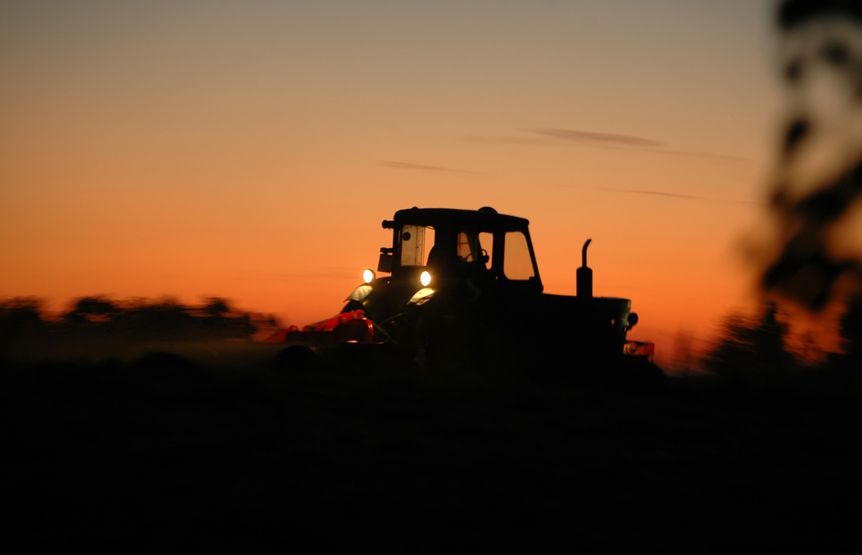
Some farmers still struggling with the impact of last year's severe weather along with continued financial uncertainty have been placed on 'suicide watch', according to the NFU.
Speaking to The Guardian, NFU's Cumbrian council delegate and sheep farmer Alistair Mackintosh said there have been 'worrying telephone calls' to crisis networks over the last few weeks.
Farmers have made 'dozens of calls' to the NFU and rural-based charities such as Royal Agricultural Benevolent Institute (RABI) and The Farmer Network, and some have been placed on 'suicide watch'.
Mr Mackintosh said: “I’ve had many worrying telephone calls just in the last two or three weeks from farmers who want to give up, and who are on suicide watch. But what I fear most is those who do not telephone you.
“When you’re aware of the suicide rate for UK farmers and their exceptional difficulties, there is every reason to fear we will see more such acts,” he said.
Continued political uncertainty along with rising costs are just some of the reasons behind the increase in telephone calls to crisis networks, charities say.
'Mind Your Head'
Mental health is the biggest health topic in the UK at present - one in four people have been diagnosed with a mental illness and in farming, mental health issues continue to be of great concern.
The Farm Safety Foundation, the charity behind Farm Safety Week, advises farmers to start looking after themselves mentally as well as physically.
A survey released in February as part of their week-long initiative called 'Mind Your Head' showed that 81% of farmers under the age of 40 believe that mental health is the biggest hidden problem facing farmers today, and 92% believe that promoting good mental health is crucial if lives are to be saved.
The overall illness rate for agricultural workers is 46% higher than the industry average, and stress, depression and anxiety are significant causes of ill health.
'Seeking support'
In January this year, RABI gave out over £47,000 in grants to working farmers and their dependants – a 171% increase on last year’s figure of £17,000 for the same period.
Trish Pickford, head of welfare, said: “Year on year, more working people are seeking our support and this trend was highlighted in January.
“We’ve seen an increase in the number of people contacting us through our helpline this year. We’re consistently raising awareness about what we do and it’s encouraging that people are reaching out to us when they need support.”
In January, the charity received 93 new requests for help, compared to 44 in December 2018. Of these new referrals, 58 came from working farmers.
They cited a number of reasons for their current financial difficulties, with injuries and illnesses being one of the highest causes.
Ms Pickford added: “There’s no one reason why more farming people are getting in touch. Many need support following a physical or mental illness, and some are still suffering the effects of the hot, dry summer last year.
“Whatever the reason, RABI remains in a position to support those in the farming community who are struggling financially and have little savings.”
